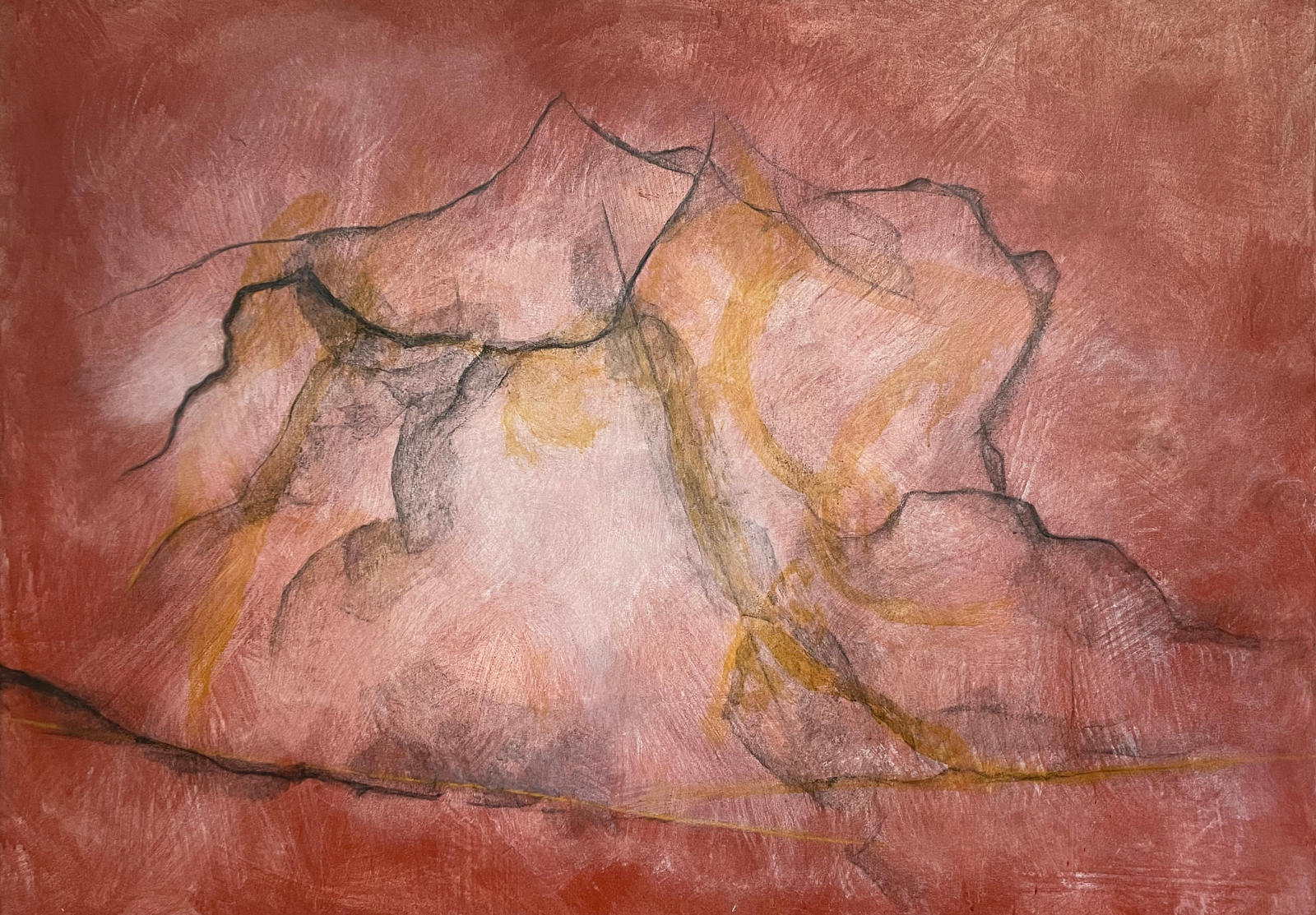




Framed: 50 3/4 x 71 inches
Marked: Red Landscape #2 / 50 x 70 / acrylic (verso)
artist
Cleve Gray created works that contained fields of color applied with such varied unconventional techniques as pouring, staining, and sponging paint onto the surface of his canvases. Next he added certain gestural marks that had their root source in Chinese calligraphy and other ancient archaeological signs which can be seen in many of his works.Gray was inspired and greatly influenced in the 1960's by such fellow contemporary American abstract expressionist artists as Jackson Pollock, Clyfford Still, Mark Rothko and Helen Frankenthaler. As a result of these artistic influences he began to produce large paintings which combined expanses of pure color and spontaneous calligraphic gestures to create lyrical abstract compositions. The American artist and iconic gallery owner Betty Parsons described Gray as "a painter who jumped the romantic fence into an ancient field of signs and symbols."
Over the course of an artistic career that spanned more than fifty years Cleve Gray produced a prodigious, varied, and inspiring body of work that bears testimony to a brilliant mind that continuously challenged his own creative processes as well as the world around him. In many ways Gray was literally "born to paint". Fascinated with color at age six he won a prize for a watercolor of his mother seated at the piano in the living room of their two floor apartment on the upper west side of Manhattan. Following graduation from Phillips Andover Academy Gray was initially bent on studying art in Europe but chose instead to attend Princeton University at the request of his father. At Princeton the young artist studied history of art and philosophy and was first exposed to the abstract expressionist movement as well as to both Chinese and Japanese art. All these disciplines would have a profound effect on the young artist and his later work. Gray graduated Phi Beta Kappa and summa cum laude from Princeton; his thesis on Yuan Dynasty landscape painting is used as a teaching tool even to this day.
provenance
Private Collection, New York
Stair Galleries, NY, June 2016
Private collection, NH




